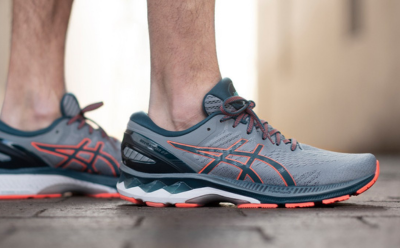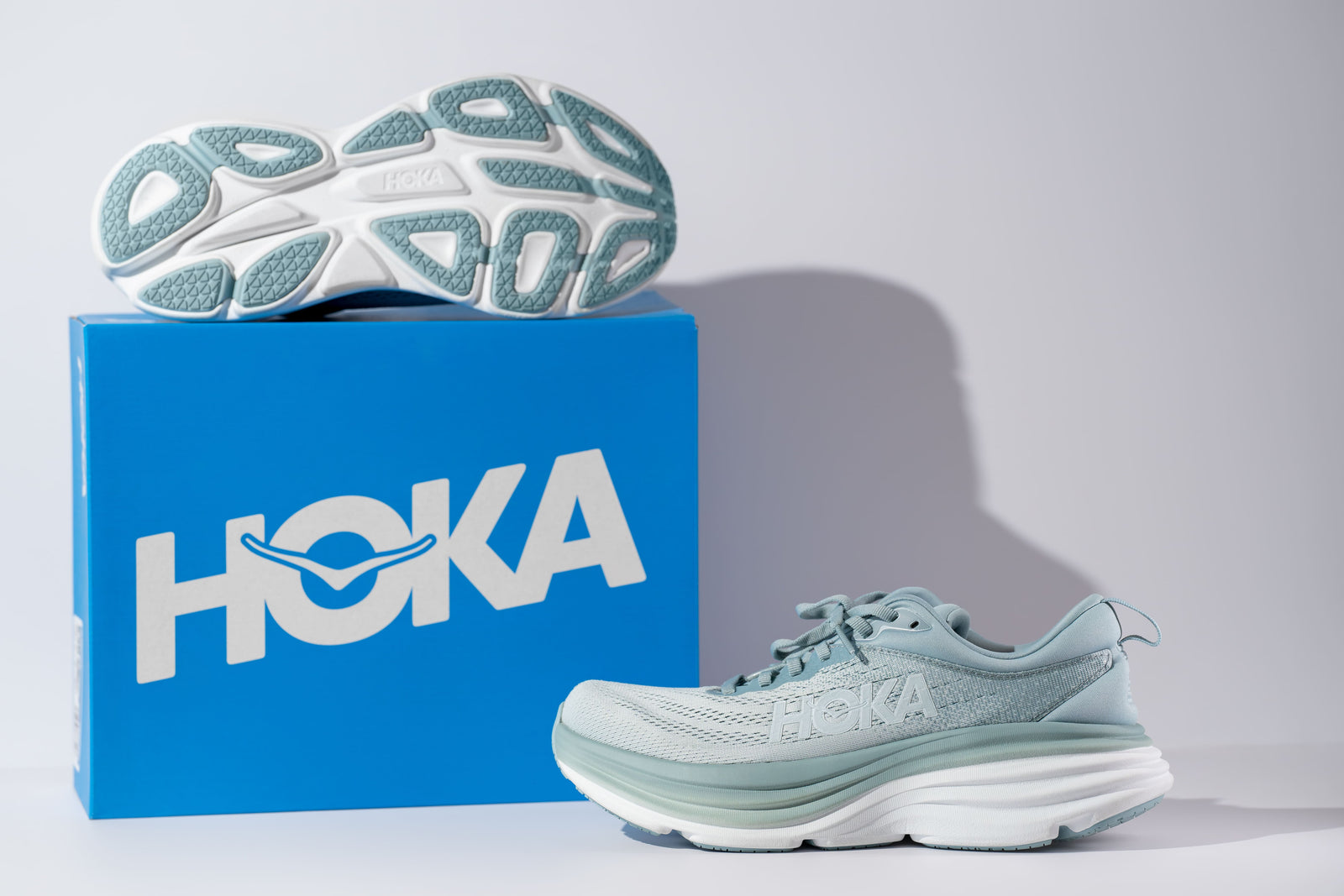Marathon training requires dedication and commitment, both physically and mentally. One of the key aspects of marathon training is nutrition. Proper nutrition plays a crucial role in helping you achieve your goals, improving your performance, and preventing injuries. Proper nutrition fuels every aspect of your being, shaping physical health, mental clarity, and overall well-being for a vibrant life. In this blog post by The Athlete’s Foot, we will discuss thebest nutrition for marathon training, including tips for fueling your body before, during, and after the marathon.
Before Training
Before embarking on your marathon training journey, it is essential to understand the basics needed for a nutrition plan for marathon runners. A balanced diet that includes a variety of nutritious foods is essential for providing the energy, nutrients, and hydration your body needs to perform well during training.
Carbohydrates are the primary fuel source for marathon runners. They provide us with energy and help us maintain our endurance during long runs. Protein, on the other hand, is essential for building and maintaining muscle mass, which is important for preventing injury. Including both carbohydrates and protein in your meals and snacks will help ensure that you have adequate fuel for your workout.
During Training
During marathon training, it is essential to plan your meals and snacks carefully to support your training goals. Your nutrition plan for marathon training should be tailored to your specific training intensity and duration.
Carbohydrates are especially important during marathon training, as they provide us with the energy we need to perform at our peak. Make sure to include plenty of complex carbohydrates in your diet, such as whole grains, fruits, and vegetables. These foods are digested slowly and provide a steady source of energy throughout your workout.
In addition to carbohydrates, it is important to stay hydrated during marathon training. Drink plenty of water before, during, and after your workouts. This will help prevent dehydration, keep your muscles functioning well, and aid in recovery.
Depending on your training intensity and duration, you may need to adjust your nutrition plan for marathon training accordingly. For example, if you are training for a longer race, you may need to increase your carbohydrate intake on training days to fuel your body adequately.
After the Marathon
After a successful marathon, it is crucial to refuel your body properly to support recovery and prevent fatigue. It is important to consume a combination of carbohydrates and protein within 30 minutes after the marathon. This combination of nutrients will help replenish your glycogen stores and rebuild your muscles.
Protein-rich foods, such as chicken, fish, eggs, and lean beef, are excellent choices for your post-marathon meal. They contain essential amino acids that are essential for muscle repair and growth. Include a mix of complex carbohydrates, such as whole grains, sweet potatoes, and fruits, to provide your body with the energy it needs.
Key Nutrients for Marathon Training
Adequate intake of nutrients is essential for optimal performance and recovery during marathon training. Let’s take a look at some of the best nutrition for marathon training:
Carbohydrates
Carbohydrates are the primary fuel for endurance activities. They provide the energy needed to power through those long runs. Incorporating complex carbohydrates such as whole grains, fruits, and vegetables into your meals can help sustain your energy levels during training.
Protein
Protein is crucial for muscle repair and recovery. Including lean sources of protein like chicken, fish, legumes, and dairy products in your diet can aid in maintaining and building muscle mass, essential for endurance athletes. Additionally, incorporating protein shakes or bars available at The Athlete’s Foot into your post-workout routine can provide a convenient and effective way to meet your protein needs.
Hydration
Hydration is often underestimated but is a key component of marathon training nutrition. Staying adequately hydrated is essential for performance and recovery. Having hydration accessories with you all the time plays a vital role in maintaining fluid balance and preventing dehydration during long runs.
Seeking Professional Guidance and Research
When you're trying to figure out marathon nutrition, it's smart to listen to physicians and registered dietitians. Consulting with your doctor and checking out medical sites that dive into marathon nutrition can give you some serious facts to back it all up. These resources can offer in-depth insights into the nutrition for running long distances, ensuring that your nutrition plan is rooted in scientific research and expert recommendations. By mixing in some expert advice with our own practical tips, you can tweak your marathon training nutrition for total performance and staying power.
Conclusion
The best nutrition for marathon training involves understanding the importance of a balanced diet that includes carbohydrates, protein, and a variety of vitamins, minerals, and antioxidants. By planning your meals and snacks carefully, including carbohydrates during workouts, and focusing on recovery after the marathon, you can optimise your performance and achieve your marathon goals.Contact The Athlete's Foot today for expert advice and support on your marathon journey.









Leave a comment (all fields required)